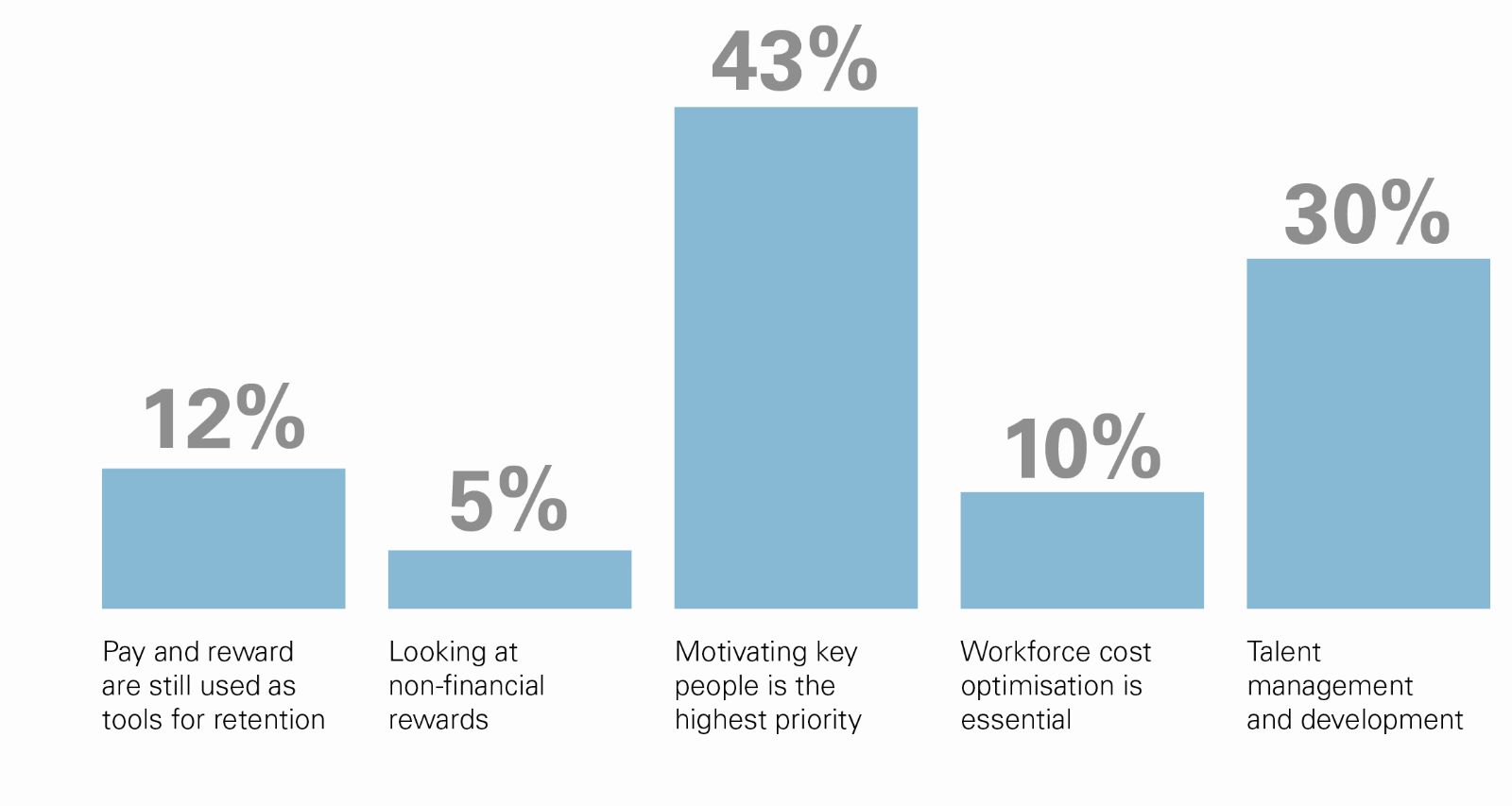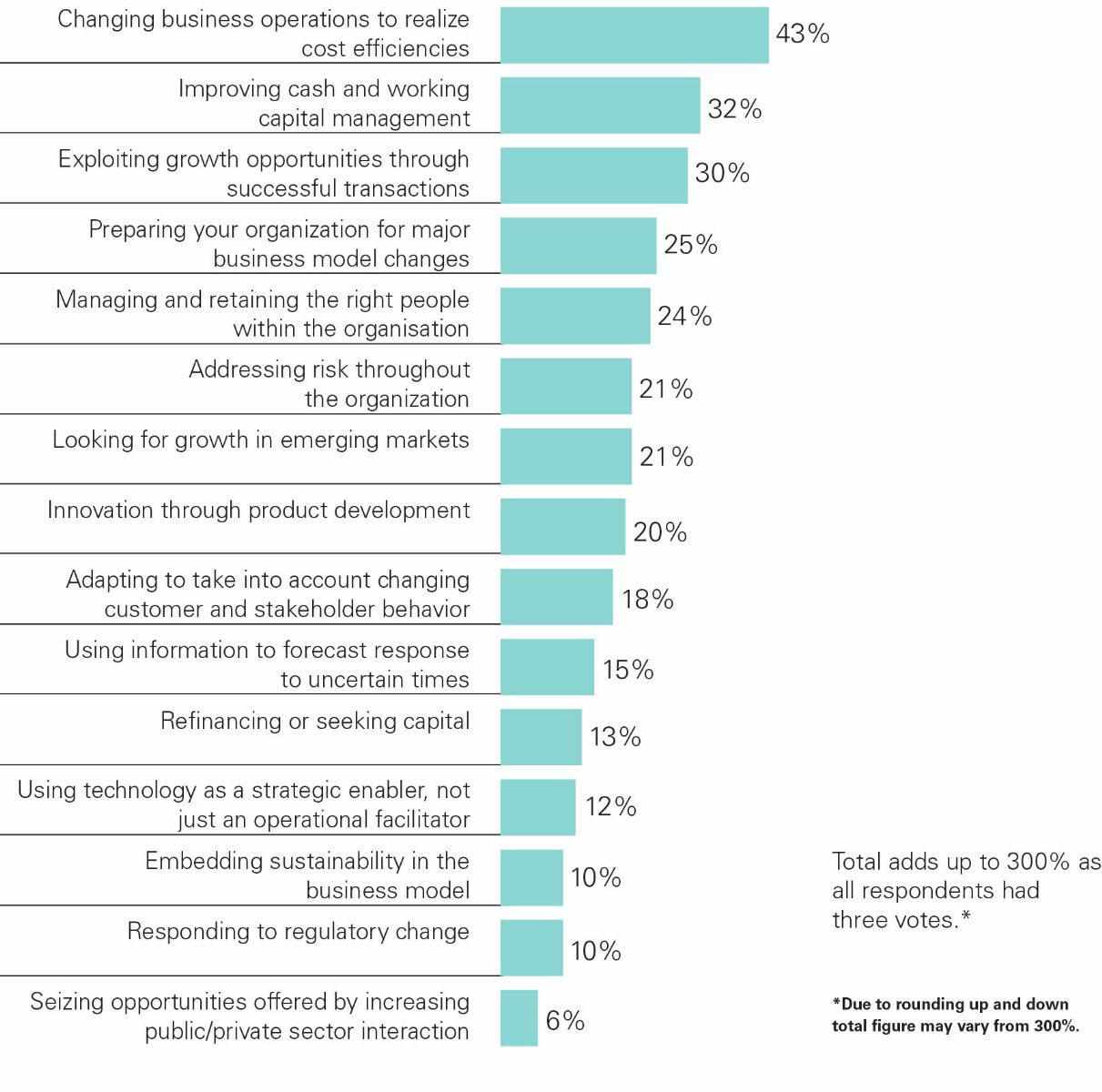The expression “your most important asset is your people“ may be a cliché, but that doesn’t mean it isn’t true.
According to professional services firm KPMG’s Business Leaders Survey, which analyses the views of over 3,000 senior executives, looking after people within businesses is vital. Anna Marie Detert, director in KPMG's people and change consulting practice, says: “Clearly, lessons have been learned from past recessions. Without high-potential future leaders and individuals with business critical skills, it is simply not possible to drive through important initiatives that can restore or improve an organisation's economic status. That is why a significant number of executives have realised that offering development opportunities to their key people is critical. Most employees accept that their skill set is the best currency they can have in a highly competitive job market, meaning that opportunities to develop their capabilities are valued as part of the wider remuneration package".

Source: KPMG, The Business Leaders Survey
It is not enough to offer better pay to motivate staff, it is important to use internal communications to help employees feel valued. Detert says “Employers must communicate about what value is offered in ‘the employee deal’, so that employees can see the right balance between what they are asked to do, and what they get in return. They also need to see the ‘hope’ that an organisation offers the individual, to be part of a greater purpose that they can help to fulfil".
Internal communications are key for keeping staff informed, and informed and involved staff are less likely to leave. Detert adds: “By knowing what is going on around them – and why – people feel a sense of ownership in what they are doing. And of course, employees who understand why certain things are asked of them, quickly become advocates of the work being done".
“The challenge in internal communications is to achieve employee ‘cut through’, just as it often is with external customers. The temptation in internal communications is to overly on emails, intranets and mass market channels."

Source: KPMG, The Business Leaders Survey
Detert points out that increasingly, large sections of the UK’s workforce are no longer tied to one desk. They either work remotely, hot-desk or spend increasing amounts of time with clients. This means that digital communications have a role to play, although they should not be a substitute for traditional, face-to-face, communication. People will still place more value on what their managers say than what is sent through an email.
Methodology
This is the third Business Leaders Survey conducted by KPMG. Conducted online between 9 – 26 January it is based on the views of respondents from 31 countries.
PR Masterclass: The Intersection of PR and GEO
Wednesday 25th February, both virtual and in person tickets are available.
PR MasterclassIf you enjoyed this article, sign up for free to our twice weekly editorial alert.
We have six email alerts in total - covering ESG, internal comms, PR jobs and events. Enter your email address below to find out more:








